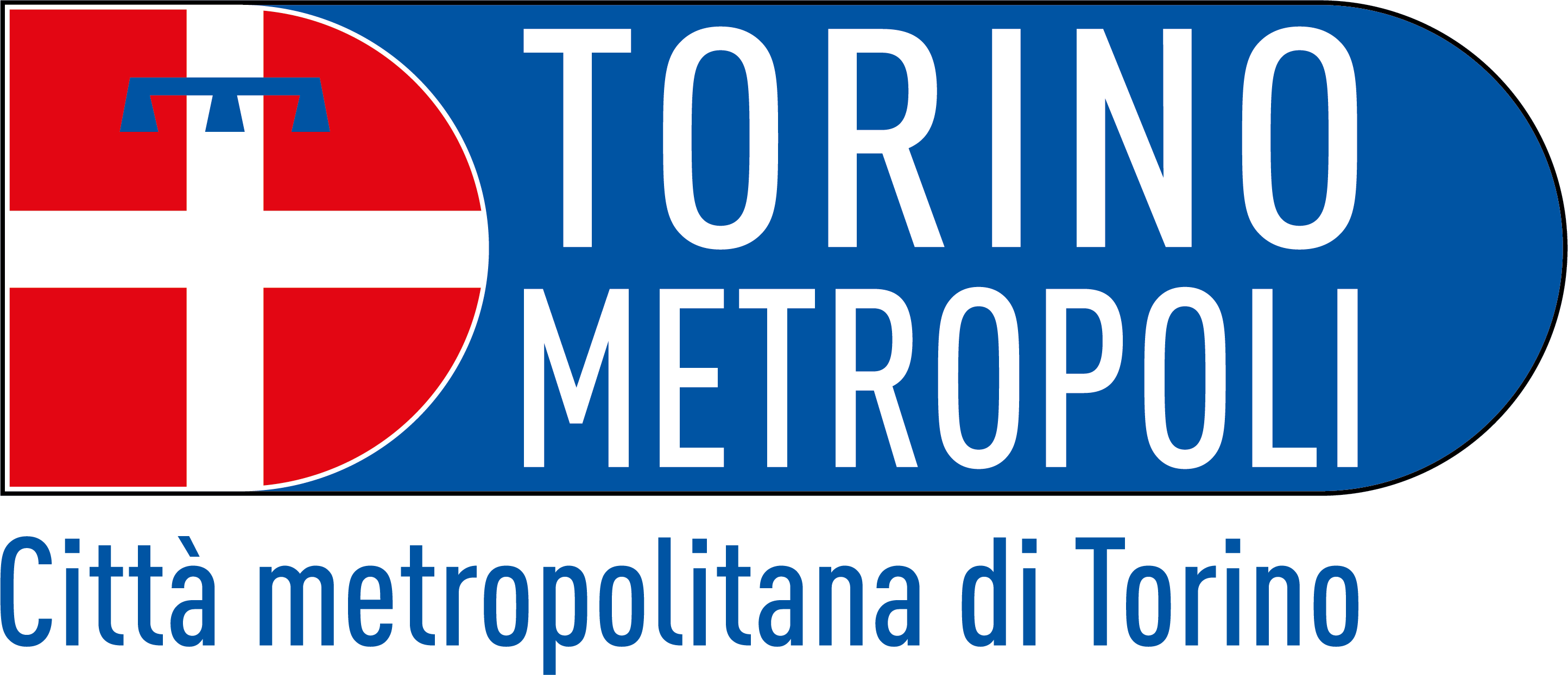Reading Time: 2 min.
During the 26th edition of Ecomondo - the reference event for new models of circular economy held in Rimini from 8 to 11 November - on 09/11/22 the experimentation promoted by the Città Metropolitana di Torino for the use of recycled plastic in asphalts was presented at the Acea Ambiente stand. During the event, Arch. Agata Fortunato (Head of the Integrated Waste Cycle and Circular Economy Office at the Città Metropolitana di Torino) and Eng. Vittorio Brillada (account manager of the company BRILLADA) discussed the contents of the Memorandum of Understanding for testing the feasibility of using recycled polymers in road pavements, signed in August 2022 between the Città Metropolitana di Torino, the Politecnico di Torino and the two companies Acea Ambiente and Brillada.
The purpose of the experiment is in fact to investigate the possibility of using post-consumer plastic waste (the so-called Plasmix) and pre-consumer waste, which is currently not recycled, in bituminous mixtures used for road paving. Using these scraps would have a twofold benefit: on the one hand, virgin raw material (currently used in mixtures) would be replaced by a second raw material, thus saving valuable resources; on the other hand, an outlet would be found for Plasmix and pre-consumer waste, which is normally sent to waste-to-energy or landfill. The aim is to transform this waste from a problem and a cost into an opportunity and an added value.
Further key points of the experimentation are:
- the transparency of the process;
- the traceability of the supply chain of the polymers used;
- the verification of the asphalt's behaviour at the end of its life, to ensure that the use of these recycled polymers does not compromise its reuse at the end of its life, when the top layer of the road is 'scraped off' and transformed into milled material to be used in new road pavements.
On this occasion, not only the key points and peculiarities of the project were illustrated, but also its relevance for the metropolitan and national territory. Città Metropolitana di Torino is in fact responsible for 2,900 km of roads, on which this innovation could be used.
Various percentages of recycled polymers to be added to the asphalt, ranging from 0.5 to 1.5 per cent of the total weight of the asphalt mix, are being studied in the experiment. What would this mean on a national level? In Italy, the production of bituminous conglomerates in 2021 was 40 million tonnes: if 1% of Plasmix were used in these mixtures, it would be possible to recycle 400,000 tonnes, corresponding to almost all of the Plasmix produced annually in Italy.
To gain further insight into the current end-of-life management of this plastic material, one can use the 'Management Report 2021' prepared by Corepla. The total amount of Plasmix, in the year 2021 managed by this consortium, amounts to 407,777 tonnes, which are sent for energy recovery.
This figure makes clear the need to create projects, such as the one illustrated above, that have as their focal point the creation of a real recycling chain for this material.
Alessio Haberstumpf
Watch the whole event on the Ricicla.tv page:
Plastic recycling and technological innovations
Read also:
